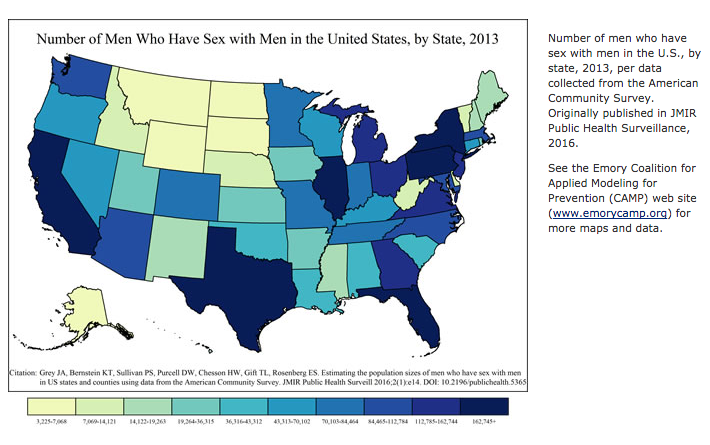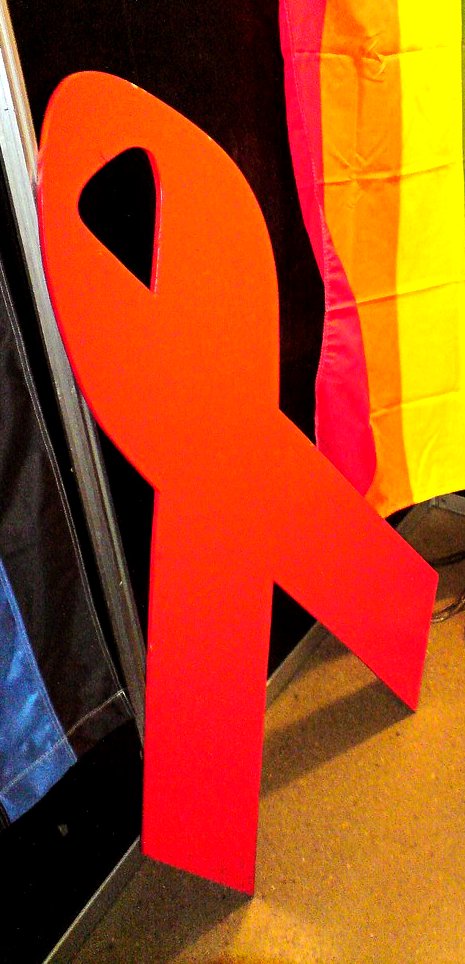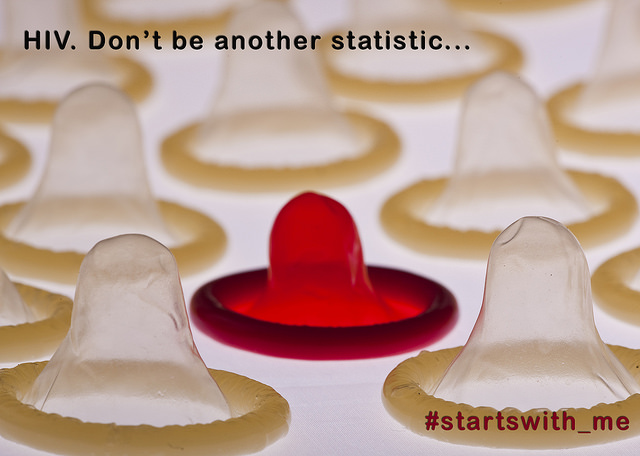The Terrible Reasons Gay Men in the South Are Facing a Huge Health Problem

By:
It should come as no surprise that there are certain challenges that come from being a gay or bisexual man in culturally conservative areas. Unfortunately, a new study by Emory University researchers added another concern to the list. Gay men in U.S Southern cities have been diagnosed with HIV or AIDs three times more than the national average.
Out of the 25 cities with the highest rates of HIV in the country, 21 of them were in Southern states, according to the study. In cities like Augusta, Georgia and Baton Rouge, Louisiana, 3 out of 10 gay men have been diagnosed with HIV.
So why are gay men in the the South being hit so much harder by HIV?
 Emory University - emory.edu
Emory University - emory.edu
As the Emory University map above shows, gay men are concentrated in states all over the country, but there is a higher percentage of gay men with HIV in the South.
Dr. Leandro Mena, director of the Center for HIV/Aids Research at the University of Mississippi Medical Center, told ATTN: that the reasons are a mix of concentrated social problems like poverty and access to health care, but also a culture of homophobia and racism.
In Jackson, Mississippi, where Dr. Mena is located, 4 in 10 gay men have been diagnosed with HIV.
 Flickr/gernhaex - flic.kr
Flickr/gernhaex - flic.kr
"This is a region that shares a common conservative culture and it also has a history of slavery and health disparities," Dr. Mena said. Black Americans are affected most by HIV, and black gay men are affected more than white gay men, according to the Centers for Disease Control and Prevention.
He said that because of the economic legacy of slavery and institutional racism in the American South, there are still big swaths of the population who are poor and also have poor access to healthcare.
 Flickr/Huw - flic.kr
Flickr/Huw - flic.kr
"We have very high rates of individuals who are very poor, we have people who are poorly educated, and and low literacy rates," Dr. Mena said. "Problems with access to healthcare and access to HIV services are magnified in an environment where there are these other problems."
A representative from the CDC, which partly funded the study, gave a statement to ATTN: stating that poor health care access and poverty are factors in the South's high HIV rate for gay men. The statement also notes that many people don't know their HIV status and are not getting tested.
"While there is no one simple answer to why Southern states are disproportionately impacted by HIV, we do know that compared to the rest of the country, people in the South generally suffer from poorer health — they have some of the highest rates of obesity, diabetes and cancer in the country — due in large part to systemic factors like poverty and access to health care. Additionally, fewer people living with HIV in the South are aware of their infection than in other US regions. As a result, fewer people in the South who are living with HIV receive the medical care and treatment needed to preserve their health and reduce transmission of HIV to their partners." — Centers for Disease Control and Prevention
So why are people, particularly gay men, not getting tested for HIV in the Southern states?
Dr. Mena said that an important reason is a conservative culture about sex and sexual orientation. "This is where a socially conservative segment of the population lives," he said. "Talking about sex can be uncomfortable for the patient and for the health care provider."
 Flickr/Jim Bowen - flic.kr
Flickr/Jim Bowen - flic.kr
He added that homophobia could keep people from getting health services because they're afraid someone will discover their sexual orientation. This is a real concern, seeing that Mississippi recently passed a law that allows medical professionals to refuse care of a patient if it conflicts with their beliefs. The "Protecting Freedom of Conscience From Political Discrimination Act" is designed to protect doctors who disagree with homosexuality or sex outside of marriage.
"Now how is something like that going to affect gay and bisexual men?" Dr. Mena asked. "The populations that are affected are populations that have been historically marginalized to a certain extent. If you think about the political map, legislation after legislation in the South has taken, very deliberately, [taken] this HIV [infected population] and largely deprived them of resources."
